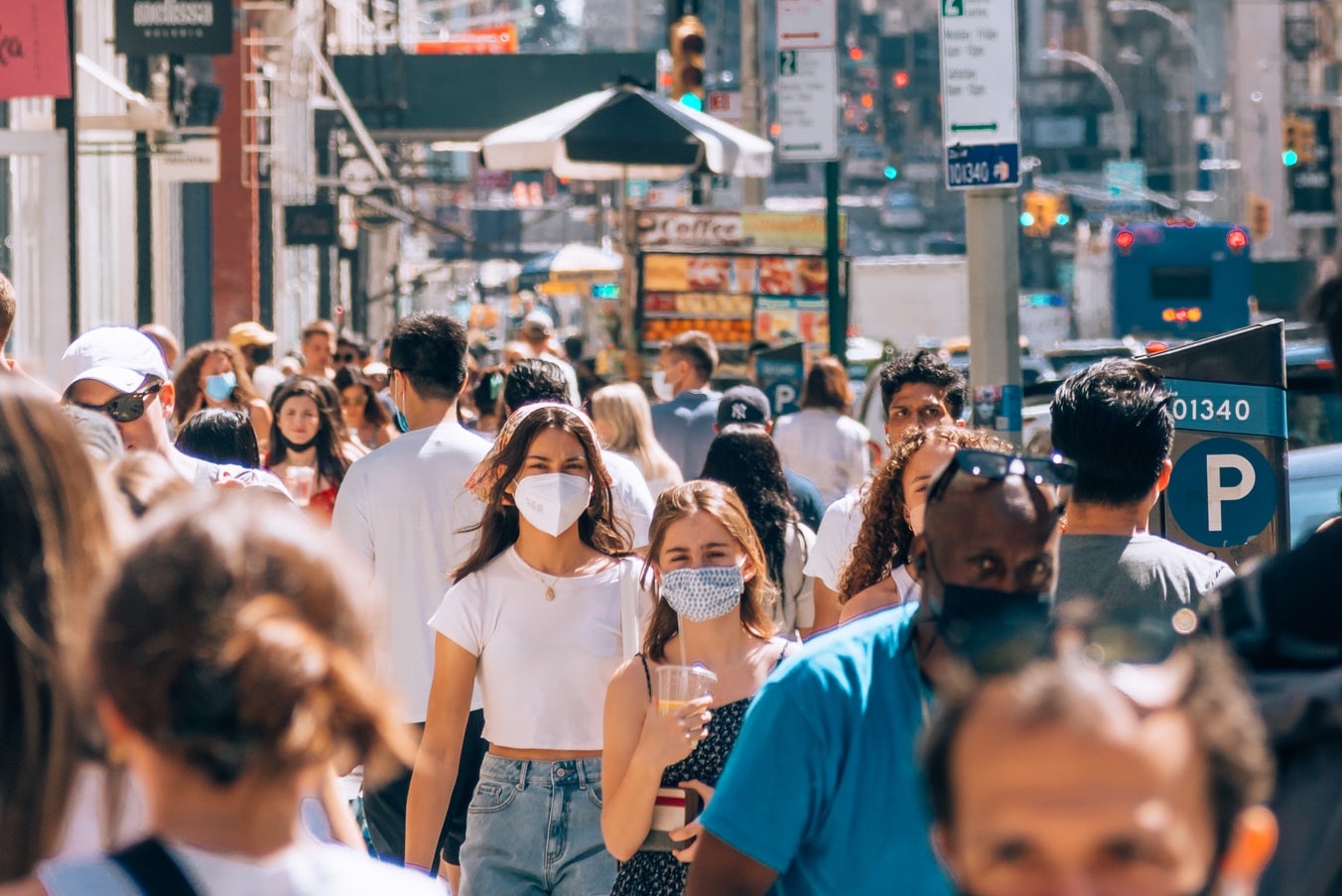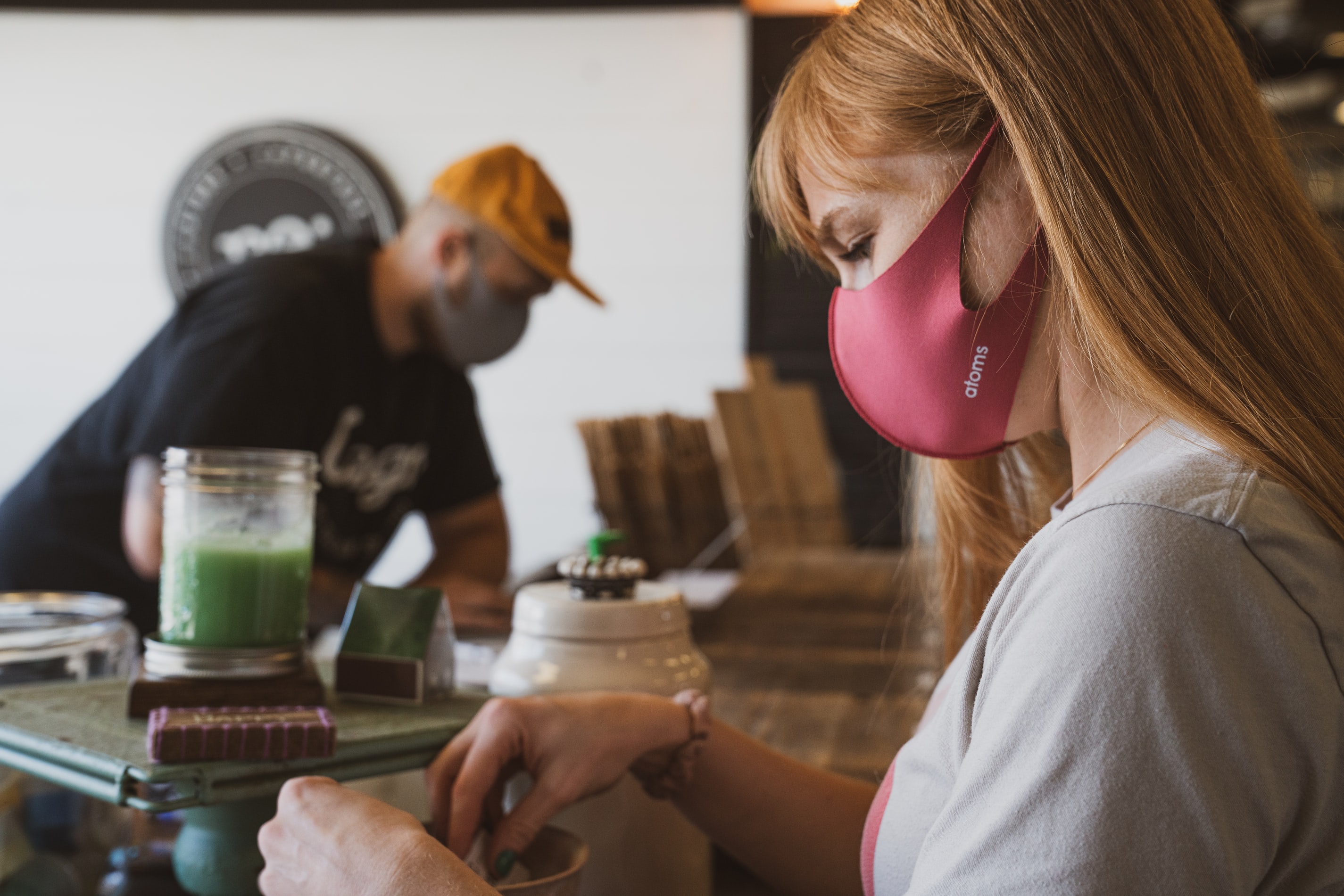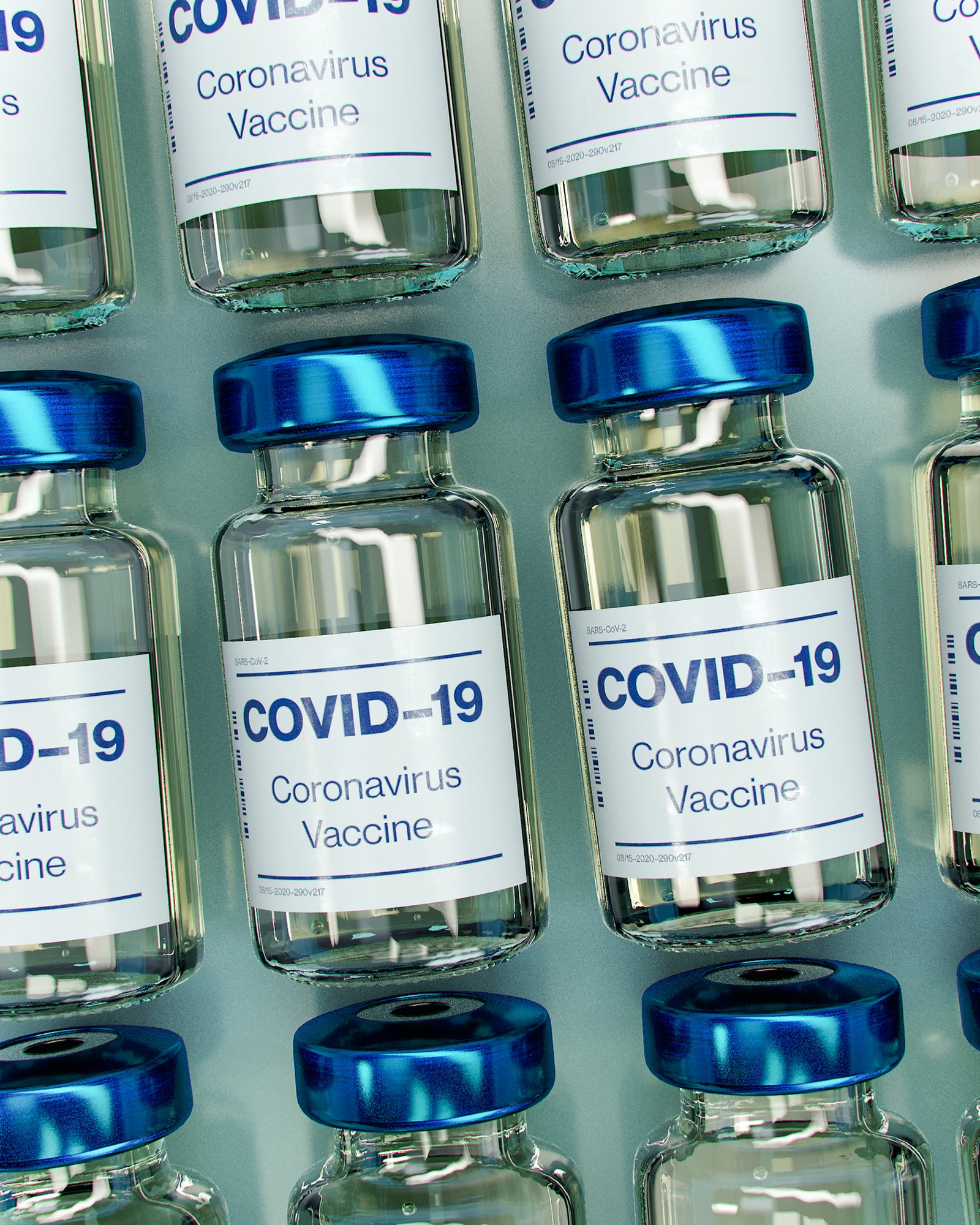Objective:
To model the impact of face masks and hybrid learning on the COVID-19 epidemic on Mississippi State University (MSU) campus, at varying proportions of mask use and effectiveness, and Hyflex model of partial online learning with reduction of people on campus.
Findings:
Universal face mask use on campus, even with masks of lower effectiveness such as cloth masks, will have a substantial impact on COVID-19 transmission on campus if a high proportion of people comply with mask use. Even 20% uptake of masks will halve the epidemic size. Face masks must be used along with other hygiene measures such as handwashing and physical distancing. Clear instructions on how to make well designed cloth masks will assist in ensuring better effectiveness of cloth face coverings. Risk can be reduced further by use of blended and online learning to reduce the number of people on campus and increase the feasibility of physical distancing.
View paper

